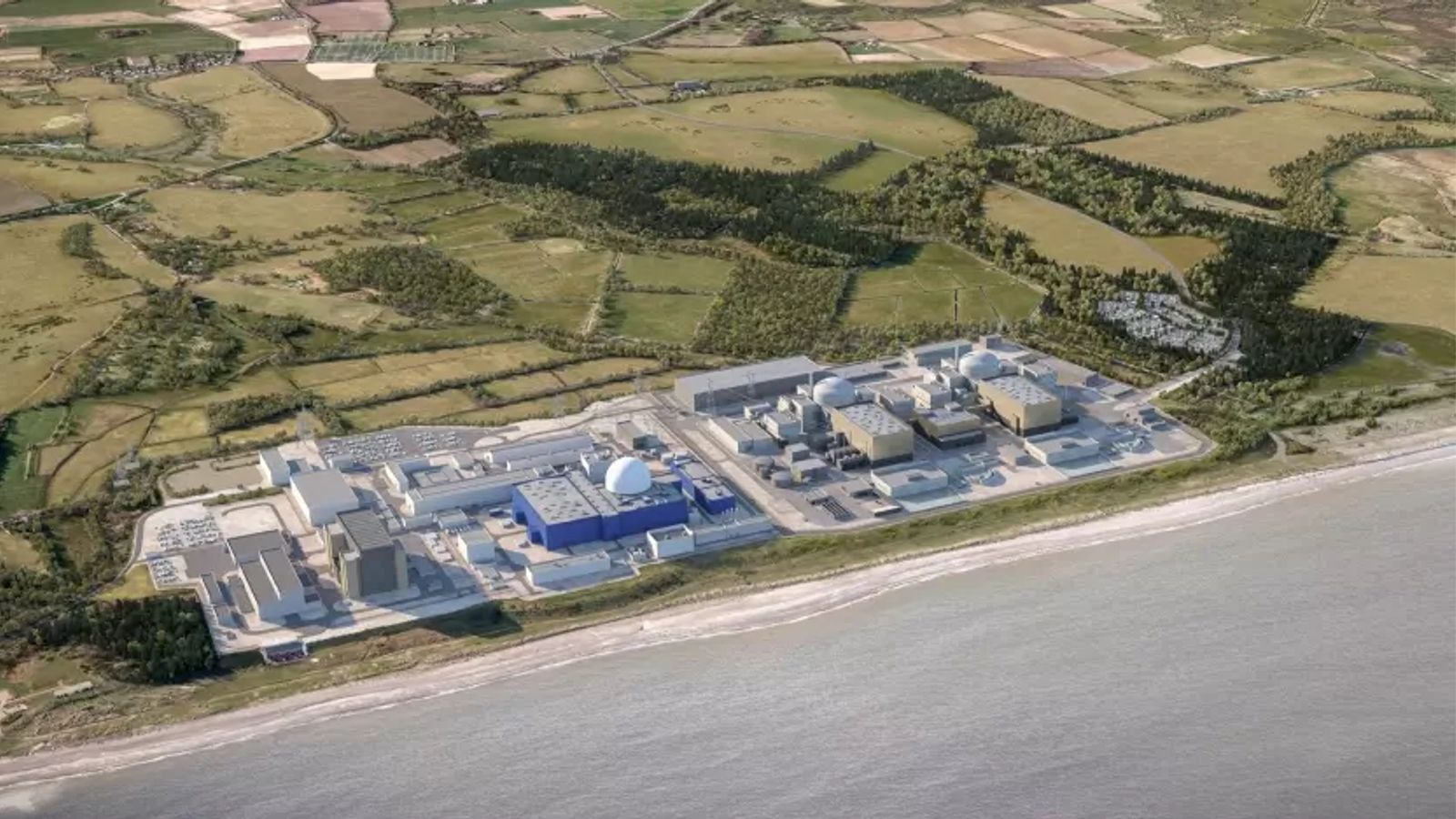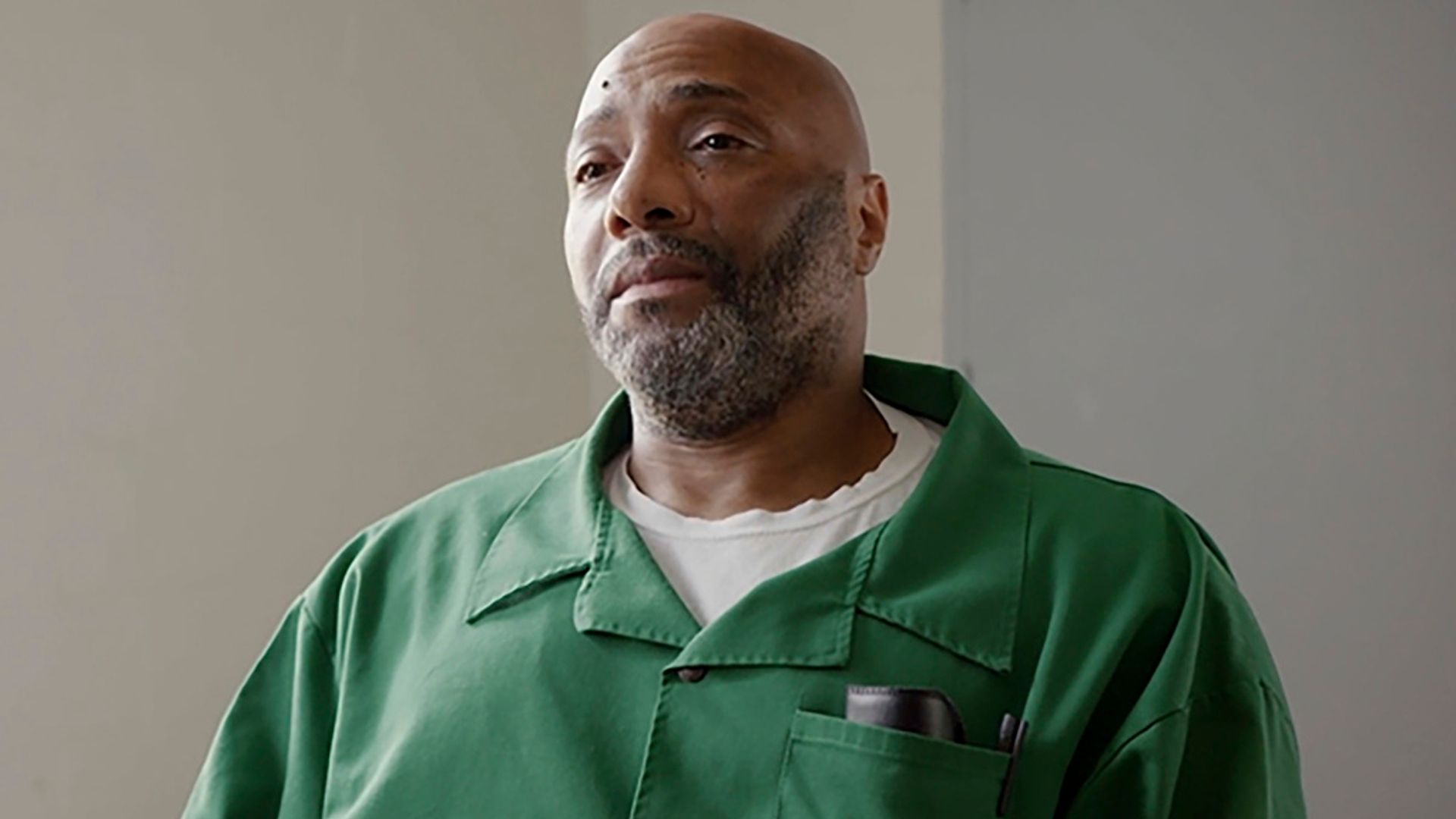Plans to build the new Sizewell C nuclear power plant in Suffolk have been reconfirmed by the government along with a £700m investment.
Business Secretary Grant Shapps has visited the proposed site just weeks after the Chancellor confirmed construction of the long-awaited power plant during his Autumn Statement.
Funding for the project was signed off by Boris Johnson at the start of September in one of his last acts as prime minister.
Politics live: Row as government unveils changes to key online safety legislation
It aims to generate enough low-carbon electricity to supply six million homes and help protect the UK from energy market volatility.
The plant is a joint endeavour with French energy giant EDF and is expected to take a decade to build at the cost of between £20-£30bn.
While Sizewell C has the backing of the Labour Party and unions, critics say it is too expensive and the new power source will take too long to come online.
Councils in Yorkshire and Ipswich lose legal battle to stop hotels from housing asylum seekers
Suffolk local radio DJ Tim Gough dies while presenting morning show
Man due in court charged with murder of wife and daughter after bodies found in Suffolk house
Grant Shapps said he would push the project ahead by driving forward the British Energy Security bill through parliament, which was published in July but put on hold in October.
Speaking to reporters at the site, the cabinet minister said he “queried” estimates that the costs could wrack up to as much as £30bn, as he was pressed on where the rest of the funding was coming from.
The government’s £700m investment is for the early development stage of the project, but Mr Shapps said he was confident money could be raised to build it from private investors.
“We’re very confident actually, because we’ve been speaking to potential investors,” he said.
“We’ve got no concerns at all about people investing in Britain.”
Mr Shapps blamed rising global gas prices on Vladimir Putin’s “illegal march on Ukraine”.
“We need more clean, affordable power generated within our borders – British energy for British homes,” he said.
But the Stop Sizewell C campaign group claim the plant “can neither lower energy bills nor give the UK energy independence”.
“Despite the government’s paltry £700m, there is still a huge amount of money to find, and no one is prepared to come clean about what the ultimate cost will be,” they said.
Greenpeace UK also criticised the project, saying the expected launch of Great British Nuclear to assist it “is clearly ironic as new nuclear is neither great nor British”.
Read More:
Hinkley Point C nuclear power station delayed again and at further £3bn cost
Please use Chrome browser for a more accessible video player
“Projects have been plagued by massive delays and ballooning costs while the government is seeking to have Sizewell C – a French-designed and built reactor – funded by foreign investment funds,” said policy director Doug Parr.
“Several academic institutes have shown we can have a 100% renewable system that would be cheaper than those based on nuclear or fossil fuels and it has the added benefit of not creating millennia of worry over the nuclear waste that future generations will end up dealing with.
“Why are ministers still obsessing about astronomically expensive, delay-plagued nuclear plants when we have much better options available?”
As well as moving ahead with Sizewell C, Mr Shapps hinted yesterday that Prime Minister Rishi Sunak could back down on his position to ban new onshore wind farms amid a growing Tory rebellion.
Ex-prime ministers Boris Johnson and Liz Truss are among some 30 Conservatives backing former cabinet secretary Simon Clarke’s pro-wind amendment to the Levelling Up Bill.
The ban was put in place in 2015 by former Conservative prime minister David Cameron, but calls for a re-think have grown amid efforts to secure the UK’s energy independence as Russia’s invasion of Ukraine has squeezed supplies.










